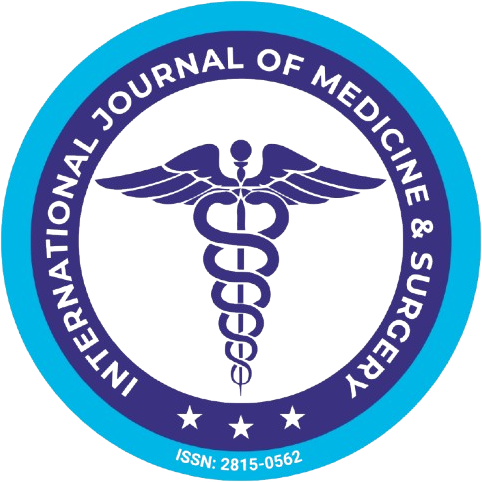ROLE OF VINCA ROSEA ALKALOIDS IN PEPTIC ULCER MANAGEMENT: MECHANISMS AND THERAPEUTIC POTENTIAL
ARTICLE HISTORY- Date of Submission: Jan 16, 2025, Revision: Feb 05, 2025, Acceptance: Feb 16, 2025; DOI: https://doi.org/10.56815/ijmsci.v5i1.2025.9-25
Keywords:
Catharanthus Roseus, Vinca alkaloids, Peptic ulcer, Antioxidant, Mucosal protection, Prostaglandins, VincristineAbstract
Catharanthus Roseus, also known as Vinca rosea, is widely recognized for its considerable form of medicinal makes use of due to its numerous alkaloid makeup, which includes vincristine, vinblastine, and vindoline. Although it has long been praised for its anti-cancer and antidiabetic homes, new studies shows that it may have massive healing capability for the remedy of peptic ulcer illness (PUD). Helicobacter pylori contamination, NSAID use, and oxidative strain are the main reasons of peptic ulcers, which is probably characterised by the use of erosion of the gastrointestinal mucosa. Research into possibility, plant-primarily based therapeutics is being fueled thru troubles with modern pharmaceutical remedies, together with drug resistance, side outcomes, and recurrence. Vinca rosea alkaloids possess multifunctional therapeutic mechanisms, including pronounced antioxidant activity through free radical scavenging, modulation of prostaglandin synthesis that enhances mucus and bicarbonate secretion, and notable anti-inflammatory actions by suppressing pro-inflammatory cytokines such as TNF-α and IL-6 via NF-κB inhibition. Additionally, indirect anti-H. pylori immunomodulatory effects and cytoprotective abilities further underline their potential in ulcer management. Experimental evidence highlights reductions in oxidative markers like malondialdehyde (MDA) and enhancement of endogenous antioxidants such as superoxide dismutase (SOD) and glutathione peroxidase (GPx). Furthermore, enhanced mucosal regeneration through increased collagen deposition, epithelial proliferation, and angiogenesis positions Vinca alkaloids as promising adjunctive therapies. However, the clinical translation faces obstacles including insufficient human trials, standardization of dosage, and possible toxicity concerns. Further research emphasizing controlled clinical studies, nano-formulations for improved bioavailability, and detailed toxicological assessments is crucial to establish Catharanthus Roseus alkaloids firmly within therapeutic protocols for peptic ulcer management.










 IJMSCI is a Peer-Reviewed Journal and valid as per New UGC Gazette regulations
IJMSCI is a Peer-Reviewed Journal and valid as per New UGC Gazette regulations








